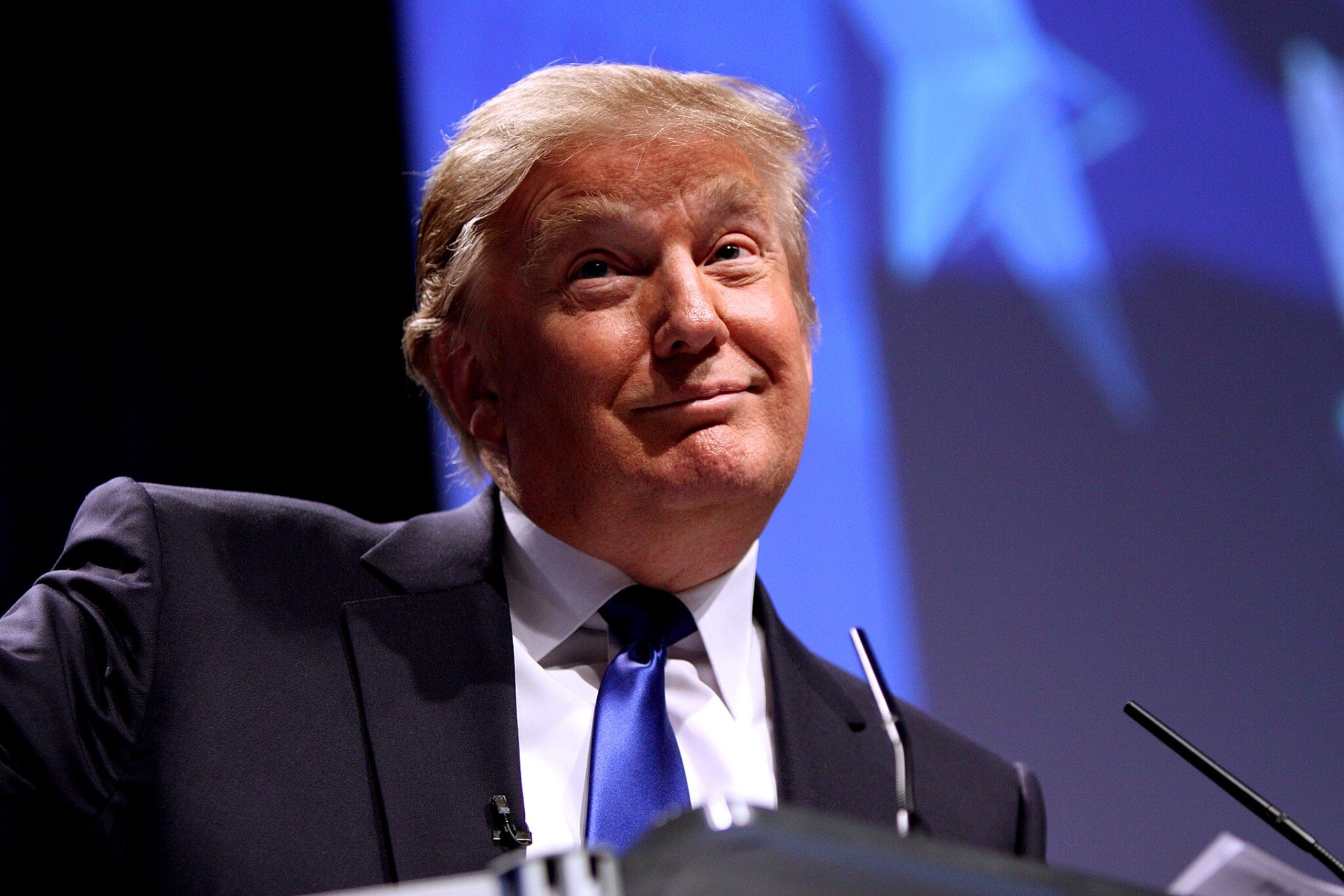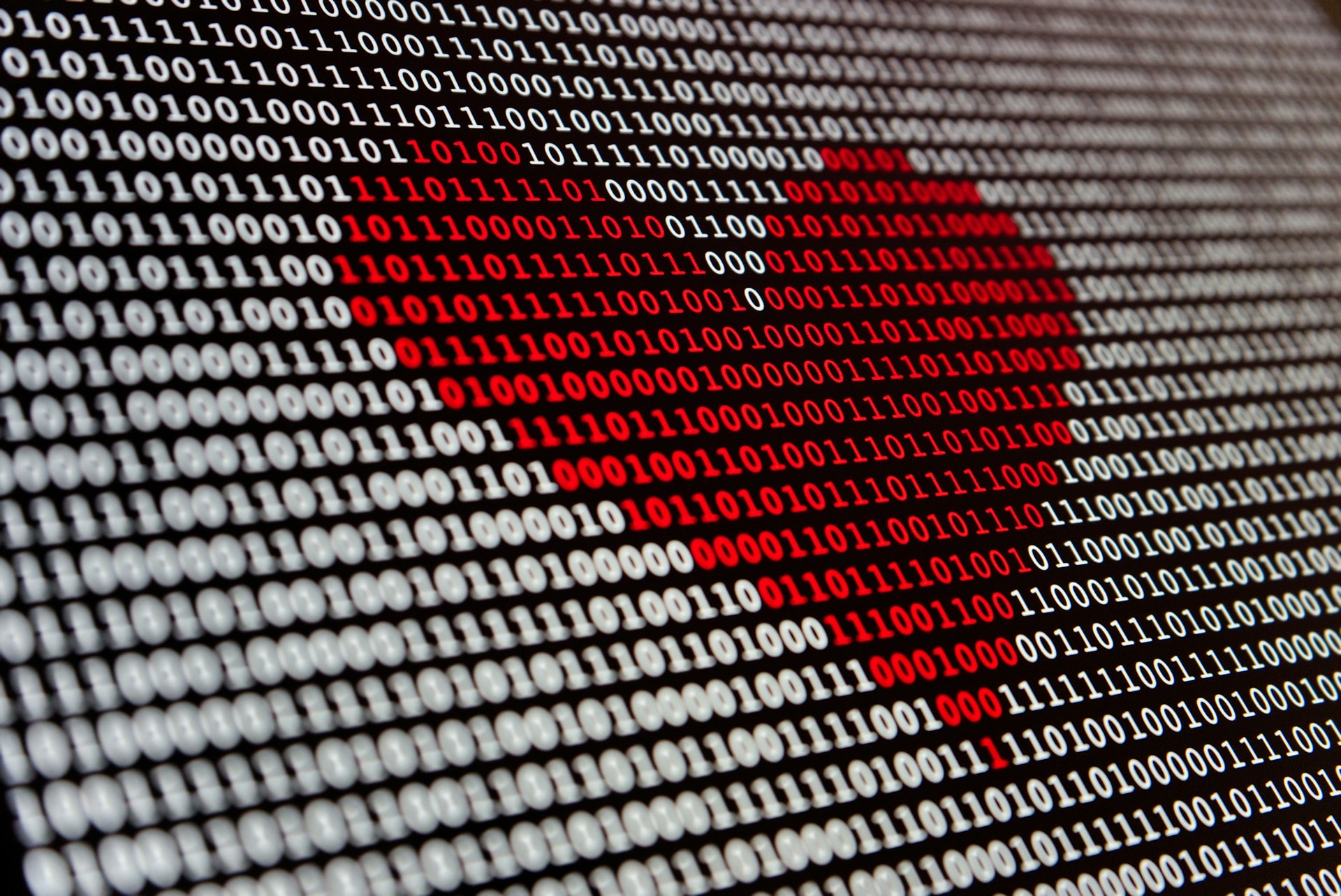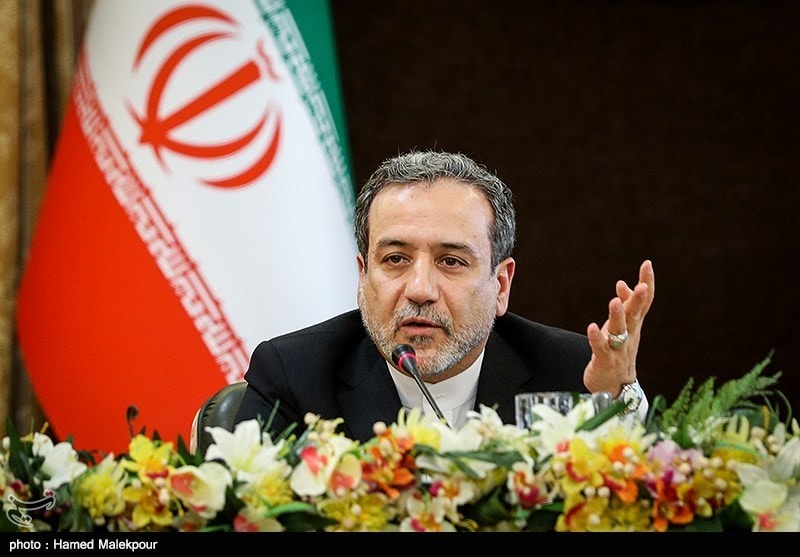Lunar New Year lanterns lit up the eerily empty streets in Wuhan, China as the Wuhan Coronavirus outbreak escalated and swept through at least 36 countries and territories. In the wake of the pandemic, Chinese authorities took emergency steps to limit the virus’s spread and shut down transit going in and out of Wuhan.
Amid the rising global spread of the mysterious virus, the World Health Organization (WHO) declared the coronavirus outbreak a Public Health Emergency of International Concern (PHEIC), making it the sixth official emergency declaration by the WHO.
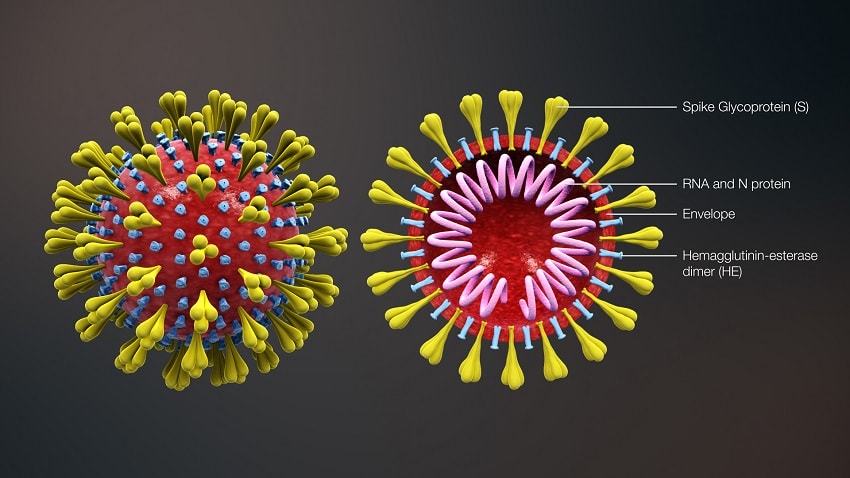
The emergent outbreak has gripped international attention and prompted global efforts in fighting the novel virus. In this complex and demanding battle, Artificial intelligence (AI) has played a crucial role in combating coronavirus in China as well as other parts of the world.
Host and Infectivity Prediction of Coronavirus
In light of the development of AI in healthcare, Huaiqiu Zhu, professor of the Department of Biomedical Engineering at Peking University and his team published a report “Host and infectivity prediction of Wuhan 2019 novel coronavirus using deep learning algorithm” on bioRxiv following the virus outbreak.
The report introduces Virus-Host Prediction (VHP) as a groundbreaking method to predict the potential hosts of viruses using deep learning algorithm, its result suggesting that “the 2019 Novel Coronavirus(2019-nCov) has close infectivity with other human coronaviruses, especially the severe acute respiratory syndrome coronavirus (SARS-CoV), Bat SARS-like Coronaviruses and the Middle East respiratory syndrome coronavirus (MERS-CoV).”
It is vital to identify the host of coronavirus for the complex nature of viruses and our lack of understanding of them. This unprecedented attempt to predict virus hosts using AI marked a notable advance in the fight against global pandemics. The report further elaborates on findings regarding the reservoirs of 2019-nCoV based on the AI-powered infectivity pattern analysis and markedly guides us in battling the virus.

China’s Tech Giants Joined Forces
Alibaba Cloud, a cloud computing subsidiary under China’s largest e-commerce company, announced last Wednesday that it’s offering AI computing capabilities to scientific research institutions for free.
Having been working on genomics research since 2015, Alibaba Cloud provides computing power and data analytics to the Beijing Genomics Institute (BGI), one of the world’s leading genomics organizations.

China’s other tech giant, Baidu subsequently made its gene sequencing algorithm available to coronavirus researchers along with AI computing capacity, which according to Baidu can drastically speed up RNA structure prediction – a crucial step in battling the virus.
Related Articles: Everything Western Media Isn’t Telling You About Hong Kong | #Startups4Good: Healthcare Startups Looking to Achieve SDGs | Impakter Review: ‘Betterhelp’ – Emerging Online Mental Health Counseling
Similar to Alibaba Cloud, Baidu is a leading force in genomics research in China. Its co-founder Robin Li Yanhong has been referred to as “the forerunner of AI development in China”, who has successfully predicted AI development policies in China before The State Council of China released the “New Generation Artificial Intelligence Development Plan” in 2017.
With the help of the AI-empowered system, Beijing Genomics Institute (BGI) announced to have broken a record for completing a high-precision whole personal genome sequencing process within just 15 minutes, making it 120 times faster than the traditional process without AI.

Such groundbreaking achievement in the field of healthcare industry sets a model for future innovations and provides a buttress in technological development.
AI in Combating Pandemics in History
The Coronavirus outbreak was not the first case in which AI was applied in combating a global pandemic. In 2018, the University of Glasgow in the UK announced using a Machine-Learning tool to predict viral reservoirs in pandemics like Ebola and Zika. Finding natural virus hosts could significantly help prevent the spread to humans, which could notably limit the spread of viruses on a global scale.

In response to the Ebola outbreak in 2014, Seattle-based company Vulcan applied AI in combatting the pandemic by using mobility data to predict where Ebola cases could surface next, or to identify the factors that have Ebola persisting in one area rather than others. Vulcan was founded by one of the co-founders of Microsoft Corporation, Paul Allen, and they believe in AI’s power to leverage data to generate insights that would help us respond and contain outbreaks quickly.
AI in the Healthcare Industry
The past few decades have witnessed the pivotal role of AI in the healthcare industry. In fact, diagnosis and treatment of disease have been a focus of AI since the 1970s when the MYCIN program was developed at Stanford for diagnosing blood-borne bacterial infections.
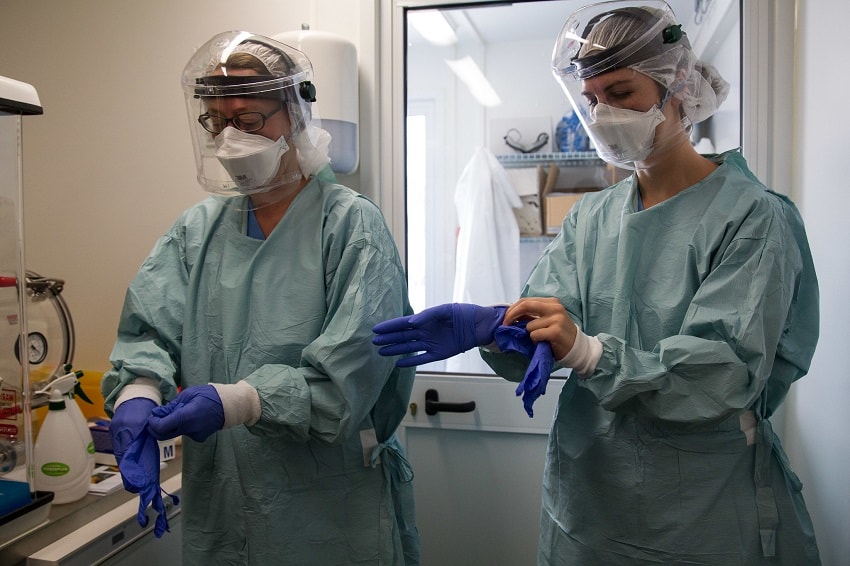
Healthcare is one of the industries in which AI has been widely and adequately applied. Deep learning has been widely applied in areas such as developing medicines, collecting health data, diagnosis, and treatment of patients. However, AI is in no way replacing human capabilities. Rather, we have entered an era that birthed a hybrid model of humans and machines working together.
In the cover picture: A face mask image on a door. Photo Credit: Pixabay





